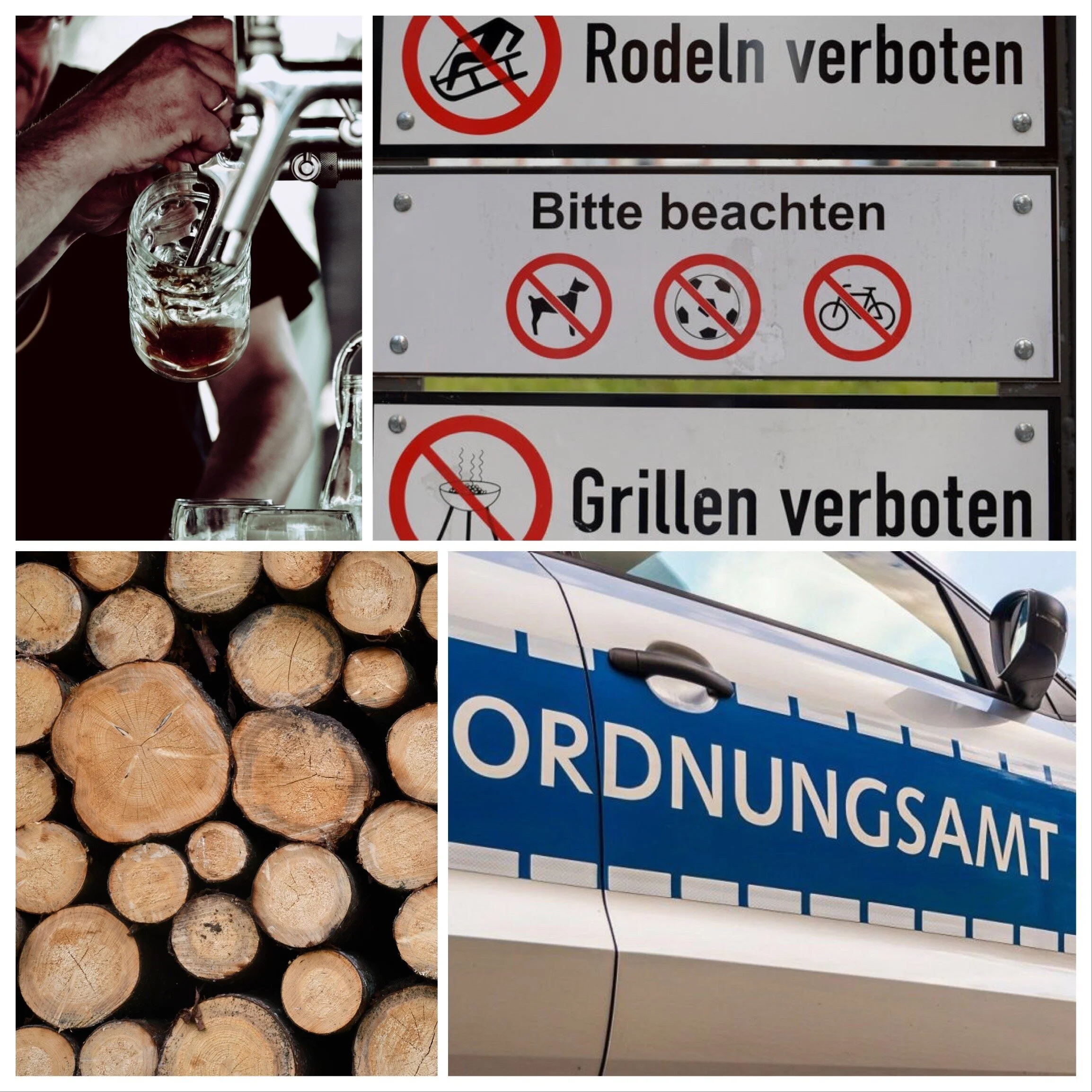Annoying the Germans: Small Talk
“It is a universal fact that Germans hate small talk. There are thousands of websites that state it, hundreds of books written about it and every German I have ever met has mentioned it at some point. Small talk, in the eyes of Germans, is a waste of valuable time. Minutes of pointless chatter that could be used for more productive purposes. No one cares about the weather or what anyone did at the weekend, what we need to do is get our noses to the grindstone and get to work. That’s Germany; a land too busy to talk.”
At least, that’s what I thought 3 years ago. I wrote the paragraph above in 2017, I don’t know, maybe I was having a bad day. The aspect of German life that I think I was failing to grasp was that small talk just doesn’t function in the same way here as it does in English speaking countries. It’s strange to realise a key component of your communication is suddenly a liability and clearly when I wrote this, I was feeling that frustration.
Often English speakers will use small talk out of a sense of politeness, not all of them, but enough to make it noticeable. Then there are others who feel compelled to talk about the weather, due to a deep sense of social awkwardness. Neither of these reasons are convincing in Germany. All this means that engaging in small talk, with someone you don’t know, is a coinflip. There is a roughly 50% chance you’re going to get snubbed as you are to have a pleasant conversation about some neutral topic.
There are plenty of places small talk works as I might expect, but I’ve found its usually context specific. My butcher is one example, very outgoing and very friendly. We talk about meat mostly. In contrast, there isn’t a vast amount of chatter between me and the many perfectly nice people who work on the checkouts at the supermarket. I go there just as much as the butchers, but we’re not chatting about our plans for the weekend. Context is probably why small talk in a lift can result in awkward silences.
The other side of small talk is the ability to “get to know” someone. Many English speakers will use small talk as a bridge to build relationships, especially in a business setting. Again, I think context is important. As a guest, I’m probably going to find small talk quite easy, but as a normal employee it may well be more difficult. Starting meetings with a bit of chit-chat isn’t so common, it happens, but never enough to guarantee that’s a good strategy. This of course makes it difficult in some situations, to work with people who you don’t know anything about. If you come from a culture that values the sharing of personal details, it can be infuriating.
Social intimacy does feel glacial in many ways, more than enough people I know have complained about it. Building relationships, romantic or otherwise, can take far longer than in many other countries, enough so that expat groups will often feature questions about coldness or distance during a date with a German. Even more questions are often dedicated to how hard it is to make friends in Germany, I tend to wonder how much that perceived coldness is real and how much of it is connected to a misunderstanding around small talk.
One funny point I’ve noticed is the frequency with which my attempts at small talk are met with one simple word, “Okay”. This seems a perfectly fine response by itself, but given that small talk requires both parties to engage, saying “Okay” as a response and then nothing else is like pressing the eject button on a fighter jet, you’ve basically jettisoned yourself from the conversation. If I say “Nice weather today!” and the responses is “okay” I’m probably not going to continue the interaction.
Don’t get me wrong, I’m not saying that in some instances you haven’t simply met what the Germans call a “Depp” (A dick). Like many countries, Germany has totally failed to stem the tide of complete and utter arseholes, despite the best efforts of scientists and researchers across the country. In a country of 80 million, there are bound to be some candidates, but no more than anywhere else. After all, I left an island with more than its fair share.
Probably the most important part of the small talk conundrum is that what is often seen as politeness by English speaking cultures, can generally be considered as superficial charm. From speaking to Germans, one of the gravest communication sins is to be perceived as superficial or smarmy. Superficiality is usually shown through needless conversation, often I’m asked if a simple “How are you?” is really a question, “Does the other person really want to know?” participants often inquire. The fact they even ask tells me something about how much trust they place in English communication.
It shouldn’t come as a surprise that in order to operate in a different country, a person must adapt. The hardest part I’ve found is to navigate life in Germany without the outlet that small talk provides. Occasionally I’m almost compelled to blurt out some asinine conversation starter in a situation where I know for certain it will drop like a lead balloon, cultural programming can be powerful when motivated by social awkwardness or a need to be polite. When I hear the inevitable “Okay” I comfort myself with the knowledge I probably didn’t care what they thought about the grey January skies anyway.









